LIDD Wins NetSuite’s Summer 2024 Alliance Partner Spotlight Award for Sustainability
LIDD Consultants Recognized by NetSuite as Summer 2024 Alliance Partner Spotlight Award Winner for S...
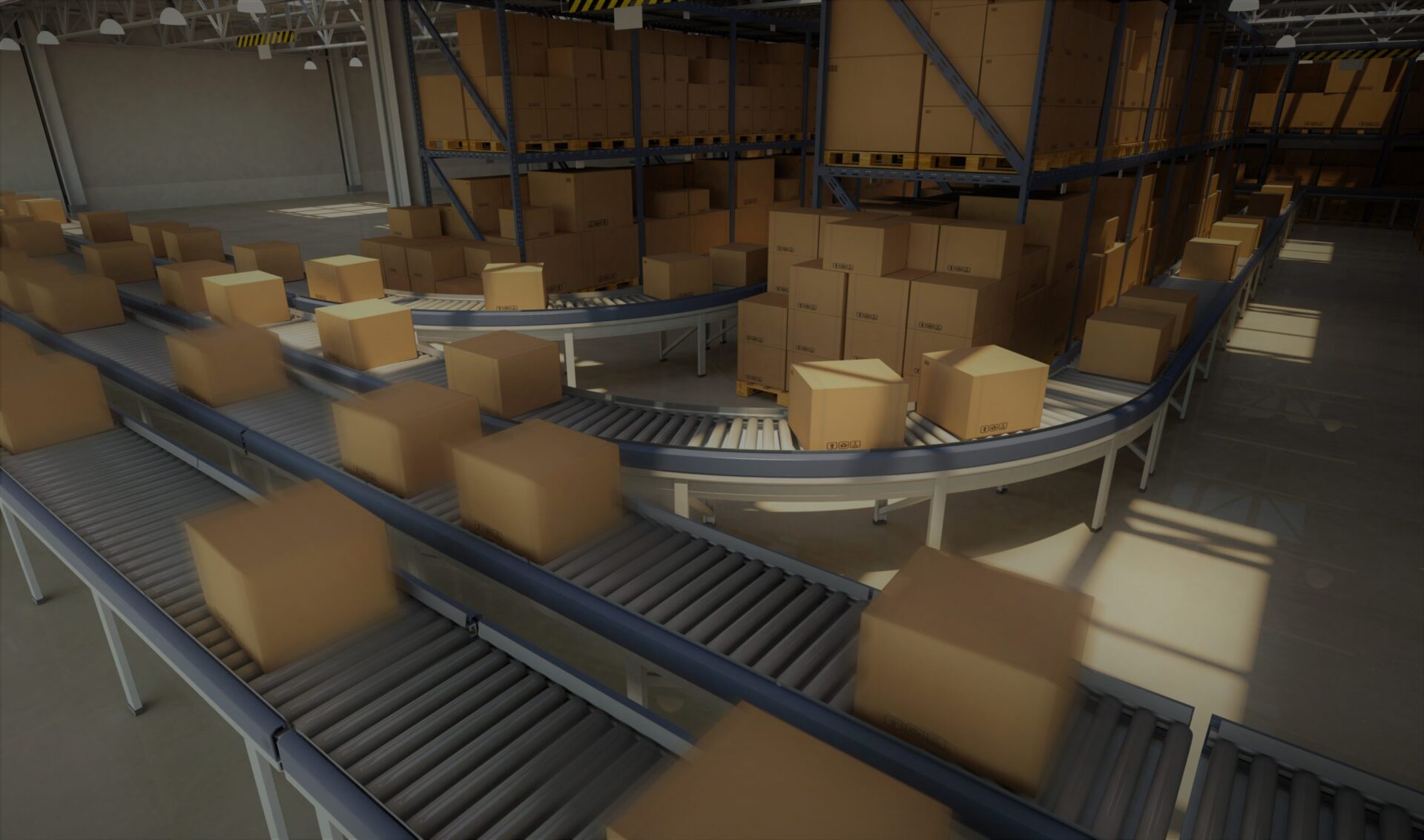
By Jean-Martin Roux
April 2020 | 10 min read
In March of last year, LIDD was hired by a major New Hampshire food distributor to help perform a complete infrastructure overhaul. The scope of the project was massive. We were brought in to design and manage the building of a brand-new facility and implement a new Warehouse Management System (WMS) that had to go live by opening day.
Needless to say, the stakes were high for the distributor. “Tackling the new facility construction, handling equipment design and warehousing software implementation introduced significant risk for our business”, said the company’s president and CEO. Having worked with LIDD before, the distributor’s CEO knew that he could count on our experience to help mitigate these risks. He had every assurance that, with our teams on the ground to “justify, design, implement and support this significant project”, the project would be a success and the facility launch would happen on time.
The WMS in the new installation was scheduled to Go-Live early this spring.
Just a few weeks ahead of the date, Covid-19 became a worldwide reality.
By mid-March, global travel restrictions had been imposed throughout the world.
With the American border closed to non-essential traveling, it would be impossible for LIDD’s team, which is based in Montréal, to be on-site in New Hampshire on the day the WMS was scheduled to Go-Live. Delaying the launch was not an option, as pushing back the date would likely incur the very financial penalties we had been hired to help avoid.
LIDD’s team had to come up with a solution to go live on time.
And quick.
“I was pleasantly surprised at how well LIDD’s rigorous methodology adapted to a remote launch. It allowed me to quickly go back to run the business through the foggy horizon.”
Distributor’s President and CEO
There was, in truth, but one way to address the situation: LIDD would have to launch the WMS remotely. The task was daunting, as we had never attempted a remote Go-Live session of that magnitude, but our team had good reasons to think that it could be done.
Whenever possible, LIDD’s projects are geared towards the delivery of early customer ownership of the implemented solutions. Experience suggests that doing so greatly facilitates the success of Go-Live sessions. In this distributor’s case, however, it did not merely facilitate the WMS’s launch: it made it possible tout court.
Prioritizing the early delivery of customer ownership entails that members of both organisations are deeply involved at every step of the project. In this case, weekly meetings were scheduled from the very beginning to assess progress and prepare the next phases. These meetings ensured real time information exchange, which in turn helped our developers tailor the WMS’s modules to fit the client’s needs and operations.
Later, during the testing and approbation phase of the project, the client’s operations managers were trained to use the WMS and its various capabilities. The training of super-users was made easier and more efficient by the fact that the managers had previously been involved in those weekly meetings. Another advantage, as the CEO notes, was that by “combining training and multiple mock Go-Lives, super-users had the opportunity to further fine tune the software and really make it their own.”
After this series of tests and mock Go-Lives was completed, super-users saw to the training of the distributor’s workforce. “This benefited our project, said the company’s president, because it showed to end-users that managers trust and know how to handle the new processes. By having questions answered by members of your organisation, it solidifies the workforce’s confidence that the solution works.”
Prioritizing early customer ownership therefore presents important advantages: it helps build strong communication channels with the client; it favours a greater customization of the solution, which leads to more efficient operations; it fosters trust in the solution among the workers; and it ensures that super-users and end-users alike are comfortable using the solution before it goes live.
As a result, when the borders were shut down on account of the pandemic, the project did not come to an impasse.
We had options.
Thanks to our approach, the client’s teams were now familiar with the new WMS and its functionalities. Nevertheless, it remained LIDD’s responsibility to supervise the Go-Live session and offer the necessary technical support throughout.
To ensure high-quality service, the first thing we did was to split Go-Live in four sessions divided in two phases. By focusing on more specific tasks and smaller groups of employees, our team and the client’s super-users were in a better position to work through the necessary adjustments and adequately prepare the subsequent phases.
Another key element of our strategy was to leverage the technology needed to assist the workforce in the facility. Microsoft Teams was installed on handheld devices endowed with camera and screen sharing capabilities. That made it possible for LIDD’s team and the workers on the warehouse floor to remain in close contact throughout. LIDD employees in Montreal covered shifts to ensure that a meeting session was always kept open, ensuring that users on the client’s end had immediate support from our experts at all hours of the day.
Meanwhile, daily management meetings were maintained via teleconference. The meetings’ main function was to monitor KPIs that were specifically identified to measure the success of our remote methodology.
The first Go-Live sessions happened during the week of March 30th, 2020. The facility was fully launched during the weekend of April 26th.
While it is still too early to properly assess, all indicators point in the direction of a successful operation.
One thing that this project confirmed is that it pays to have a rigorous methodology when it comes to supply chain transformations. Had we not favoured early customer ownership of the implemented solutions, the client’s workforce would likely not have been sufficiently trained to achieve the launch. Working closely with the client’s team during every stage of the project had a significant impact on our ability to quickly turn around and adapt our strategies to face the challenges posed by Covid-related travel restrictions.
Another obvious upshot from all of this is that we have now added a new string to our bow. This experience has taught us that our approach to supply chain transformation enables us to successfully supervise and achieve remote facility launches when needed. This comes as a further guaranty that LIDD has the expertise and the tools to effectively assist distribution companies anywhere optimize their operations.
That being said, nothing will ever trump being on site and working hand in hand with the client’s teams on the warehouse floor. Had it not been for the strong communication channels that we had built in the project’s early stages, it is unclear that we would have been as successful. Some may still want to argue that strong communication channels can be developed remotely. Articles abound that claim the crisis will change our professional habits. Companies will now see teleconferences as a suitable alternative to in-person meetings, helping them avoid costly travel expenses. While that may be true, our experience with the client strongly suggests that the ‘human element’ in face-to-face meetings remains a far more effective way of building strong business relations.
And that is something worth keeping in mind when the crisis subsides and the travel restrictions are relaxed.

LIDD Consultants Recognized by NetSuite as Summer 2024 Alliance Partner Spotlight Award Winner for S...
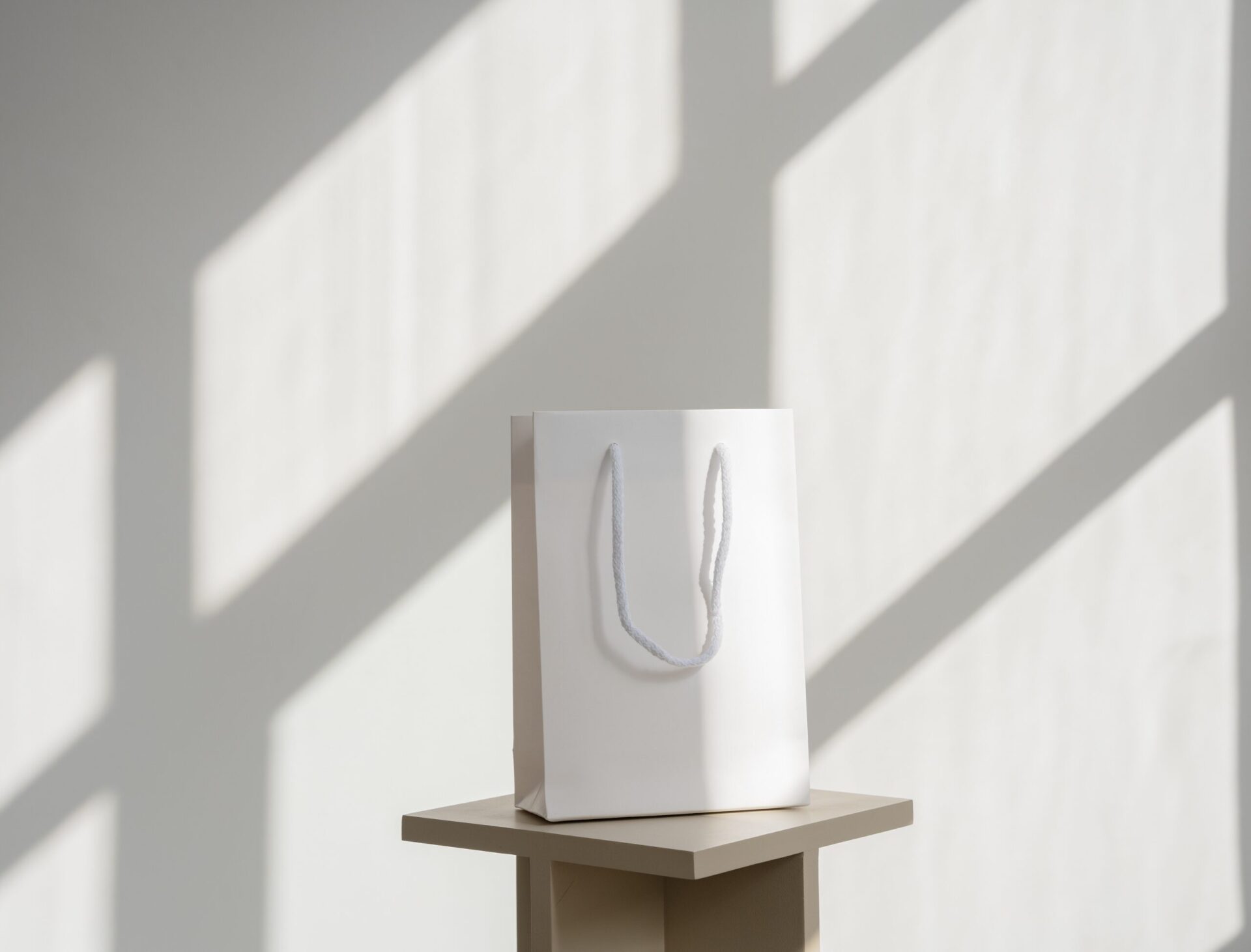
Discover how LIDD's NetSuite Supply Chain integration saved a luxury apparel company 27% in OpEx.

A rapidly growing intimate care brand in the beauty industry, valued at $15MM, recognized the necess...
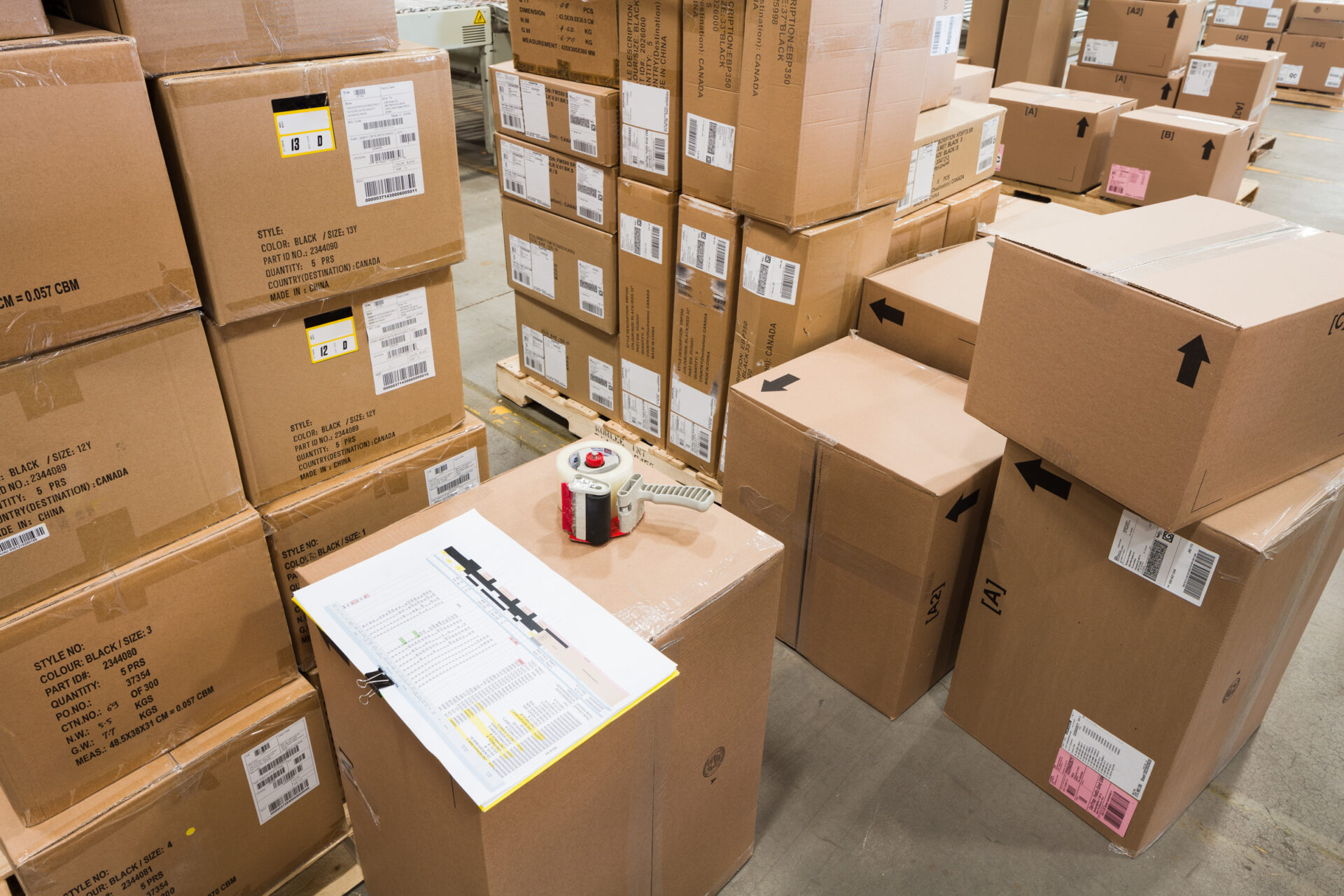
An American food manufacturer was struggling to scale its business because of unintegrated technolog...

A Toronto based organic grocer operating four grocery stores and a distribution centre.

Business is booming and the warehouse is bustling with activity. For some reason, however, productiv...

A D2C hemp producer/CBD products manufacturer needs a solution to go live in just 14 weeks to enable...
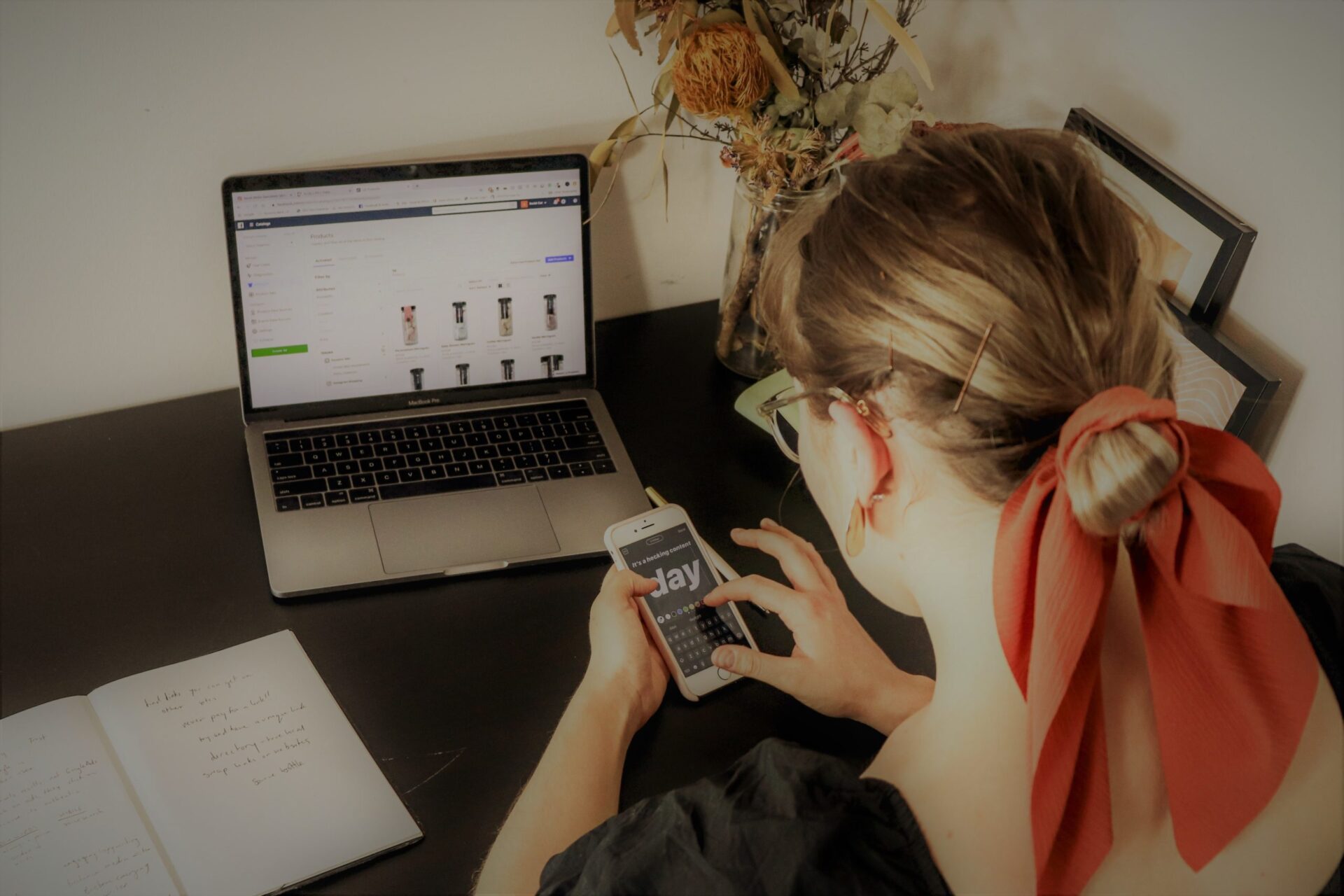
The measures put in place to slow down the progression of Covid-19 have brought many challenges for...

Our client is a rapidly growing foodservice distributor offering a wide range of dry, fresh and froz...

Our client, a food manufacturer making a variety of sauces, came to us for help implementing a Wareh...
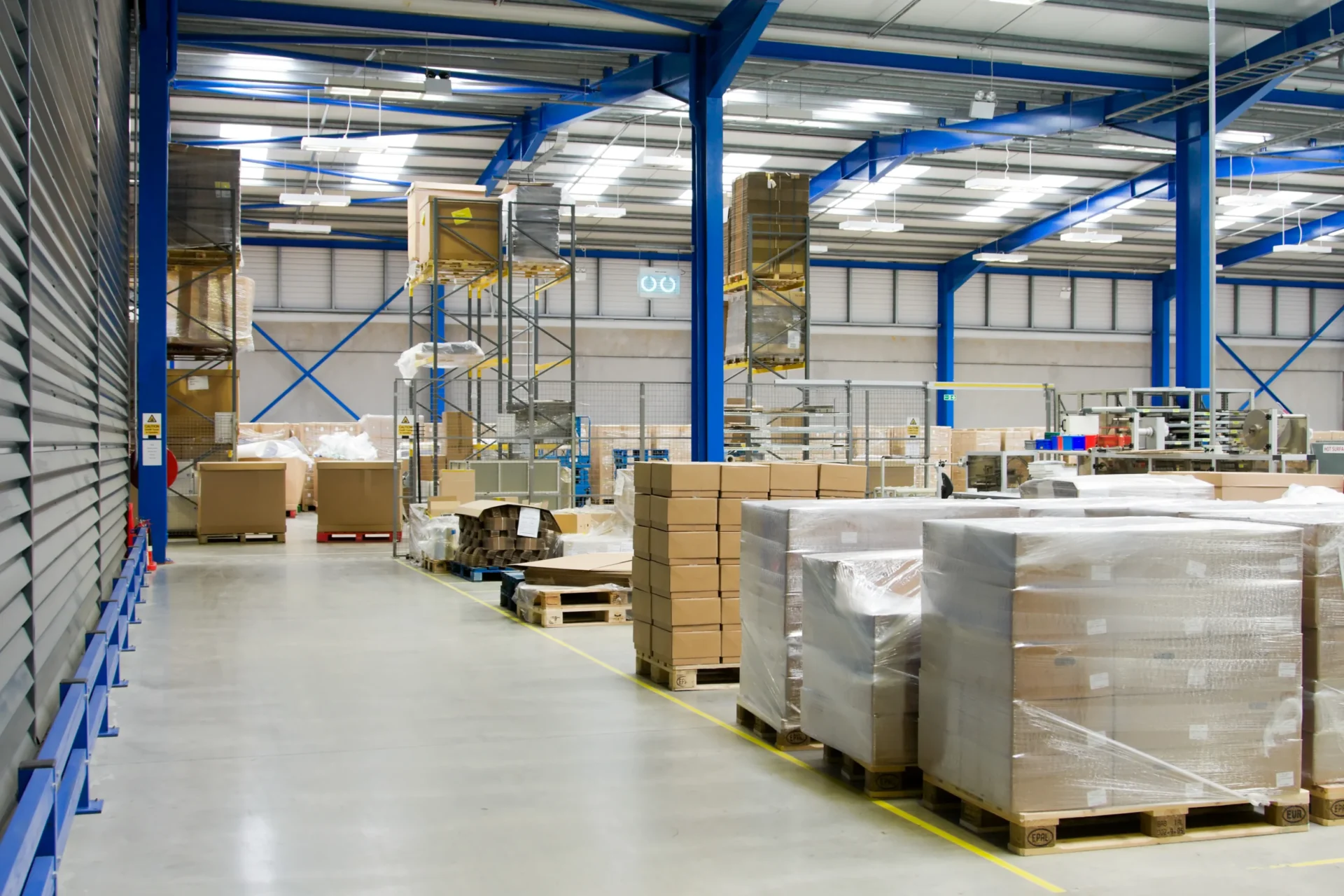
Discover crucial Key Performance Indicators (KPIs) for assessing and optimizing distribution center...

The leading manufacturer of bedding products in the United States serves all major US retailers thro...
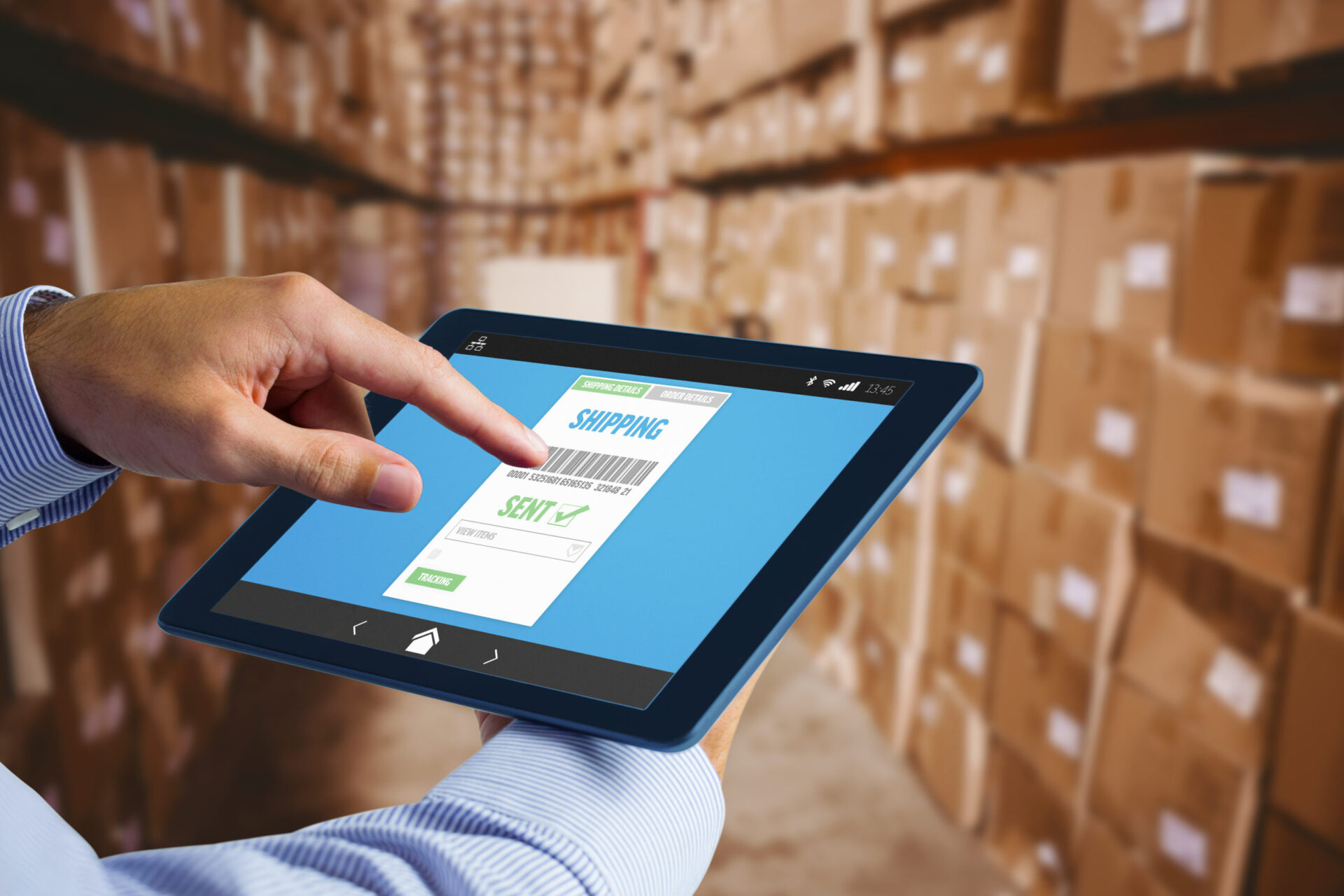
A large convenience store retailer serving locations across the Northeast from a 400,000 sq.ft. DC o...

Our client is one of Korea’s largest food retailers operating convenience and grocery store formats...
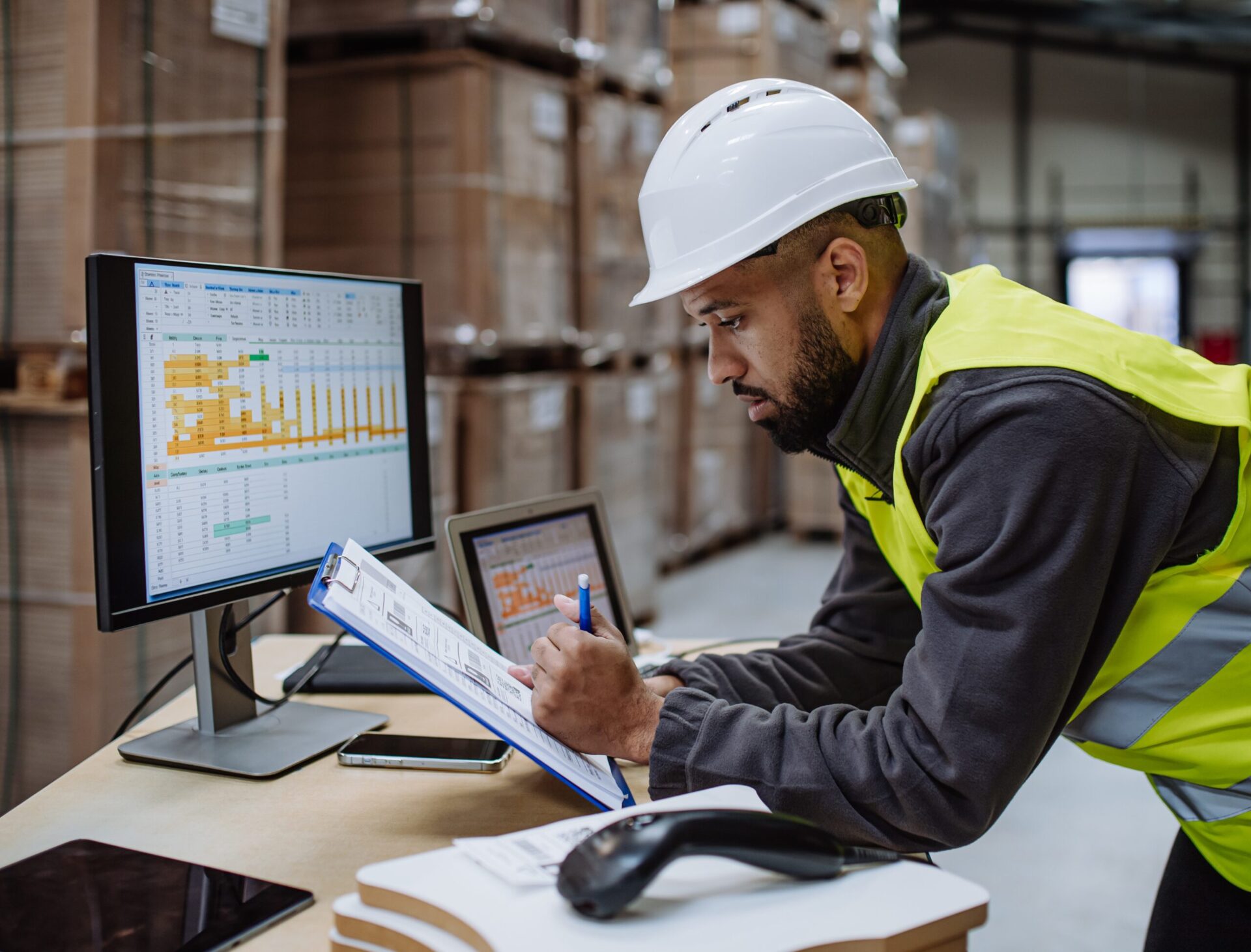
By Charles Fallon November 7, 2017 | 2 min read This LIDD Case study shares how LIDD’s supply...

By Charles Fallon August 23, 2017| 4 min read This case study shares how LIDD’s supply chain...

By Charles Fallon August 14, 2017 | 4 min read When business is expanding, it’s easy to be lu...
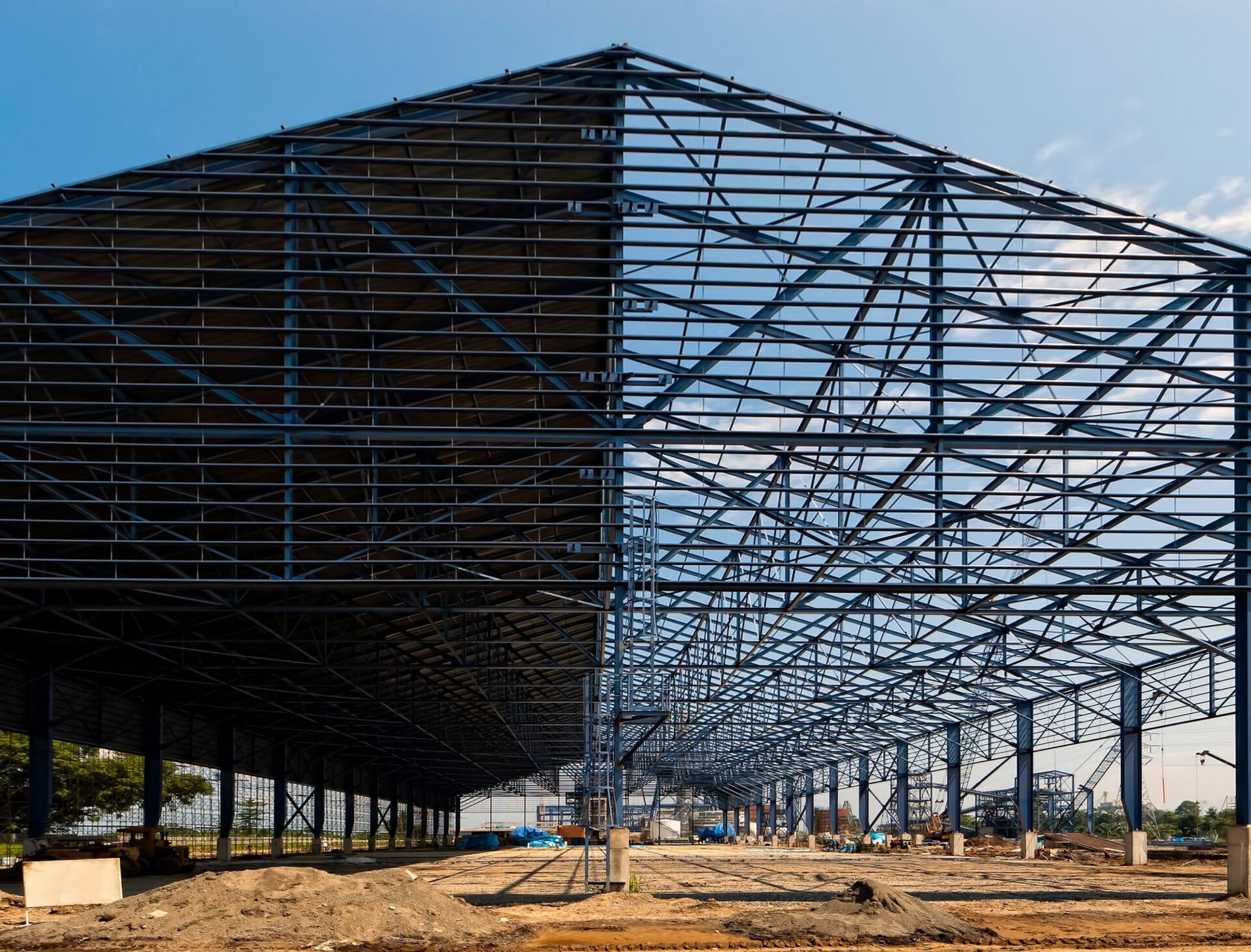
LIDD study reveals significant infrastructure investments needed for SAQ to manage glass bottle recy...

By Charles Fallon July 27, 2017 | 3 min read Re-engineering a pick line to optimize warehouse...

By Charles Fallon July 21, 2017 | 2 min read Warehouse storage capacity constraints can arise...

LIDD study reveals significant infrastructure investments needed for SAQ to manage glass bottle recy...